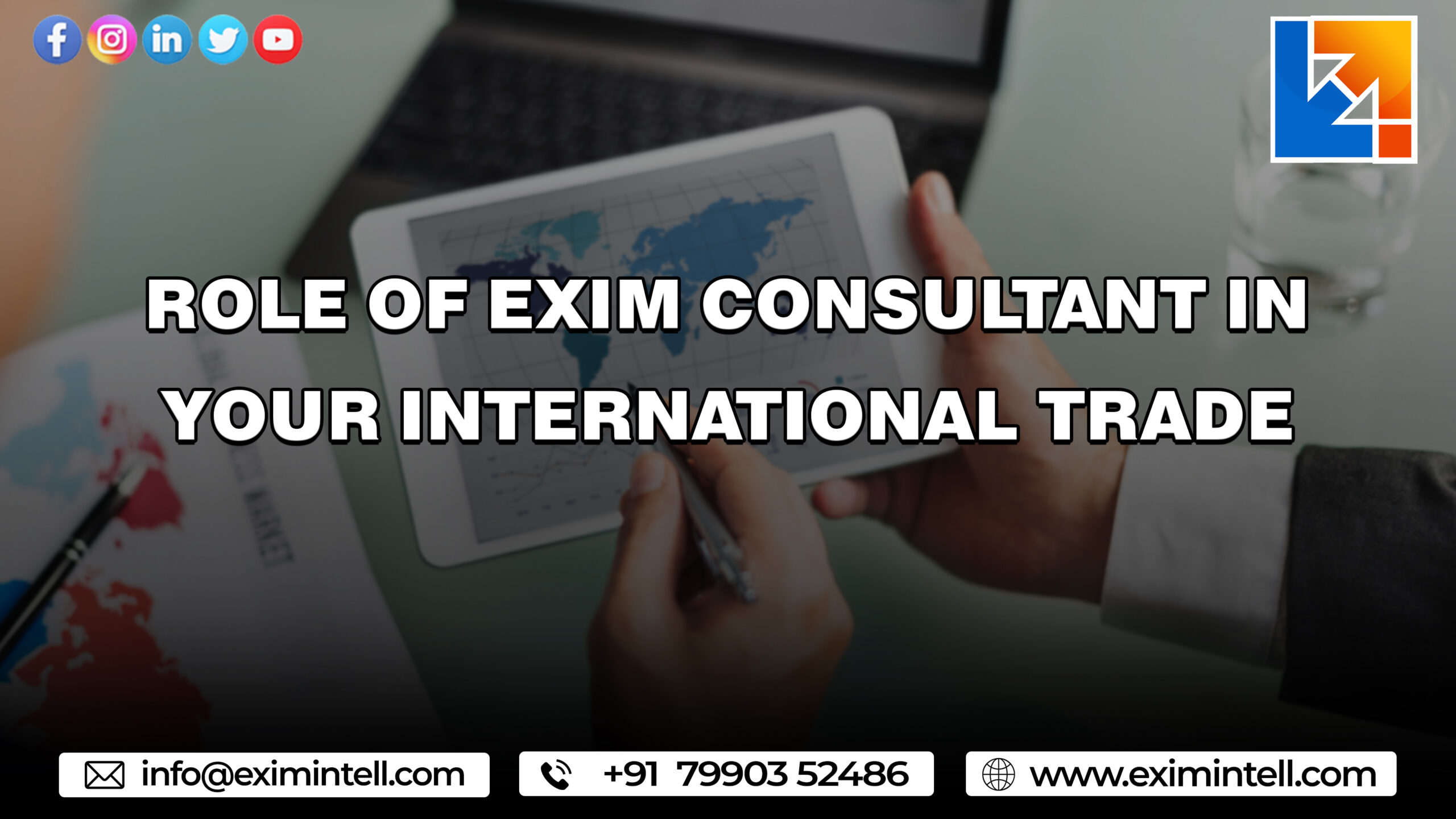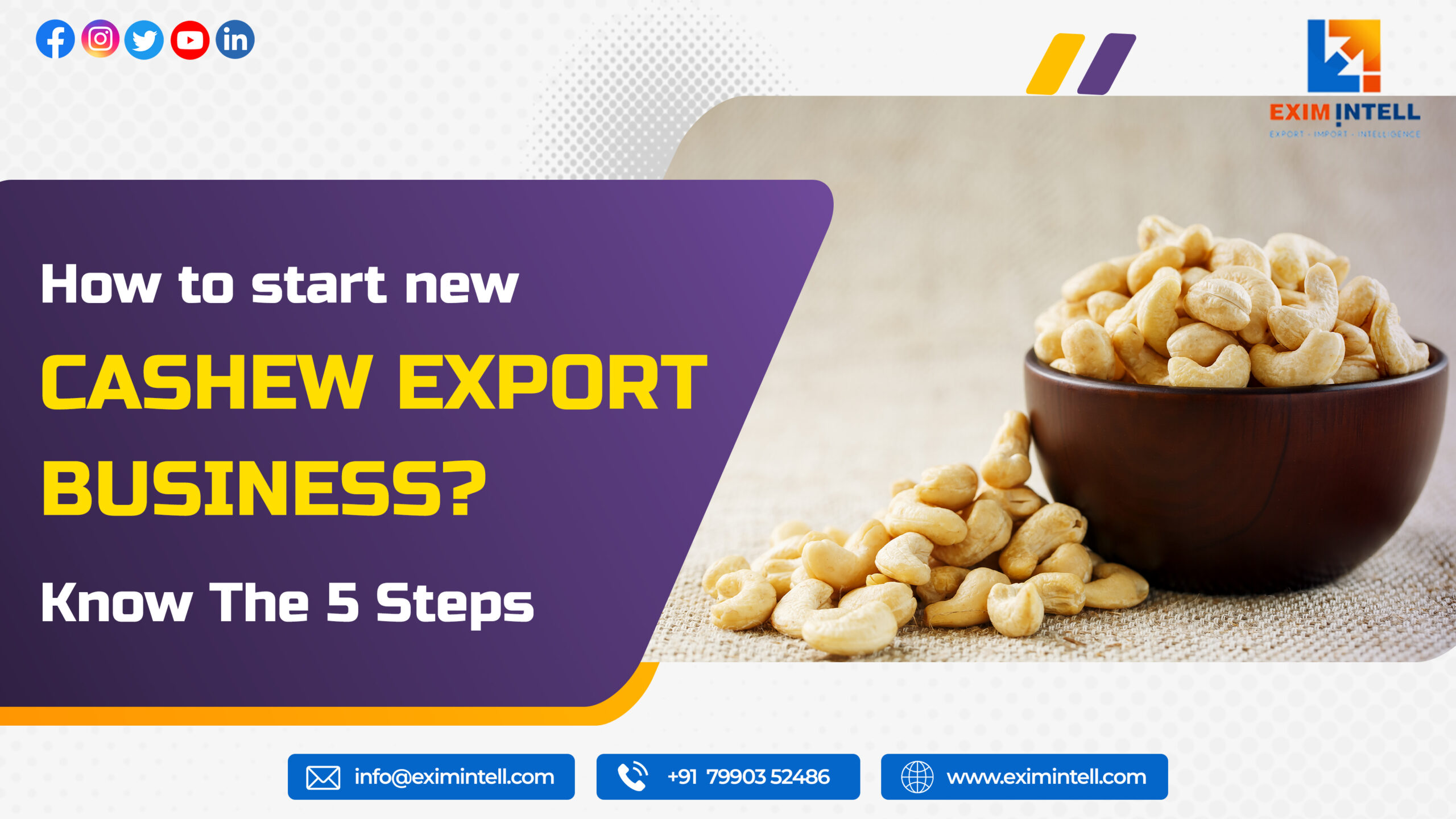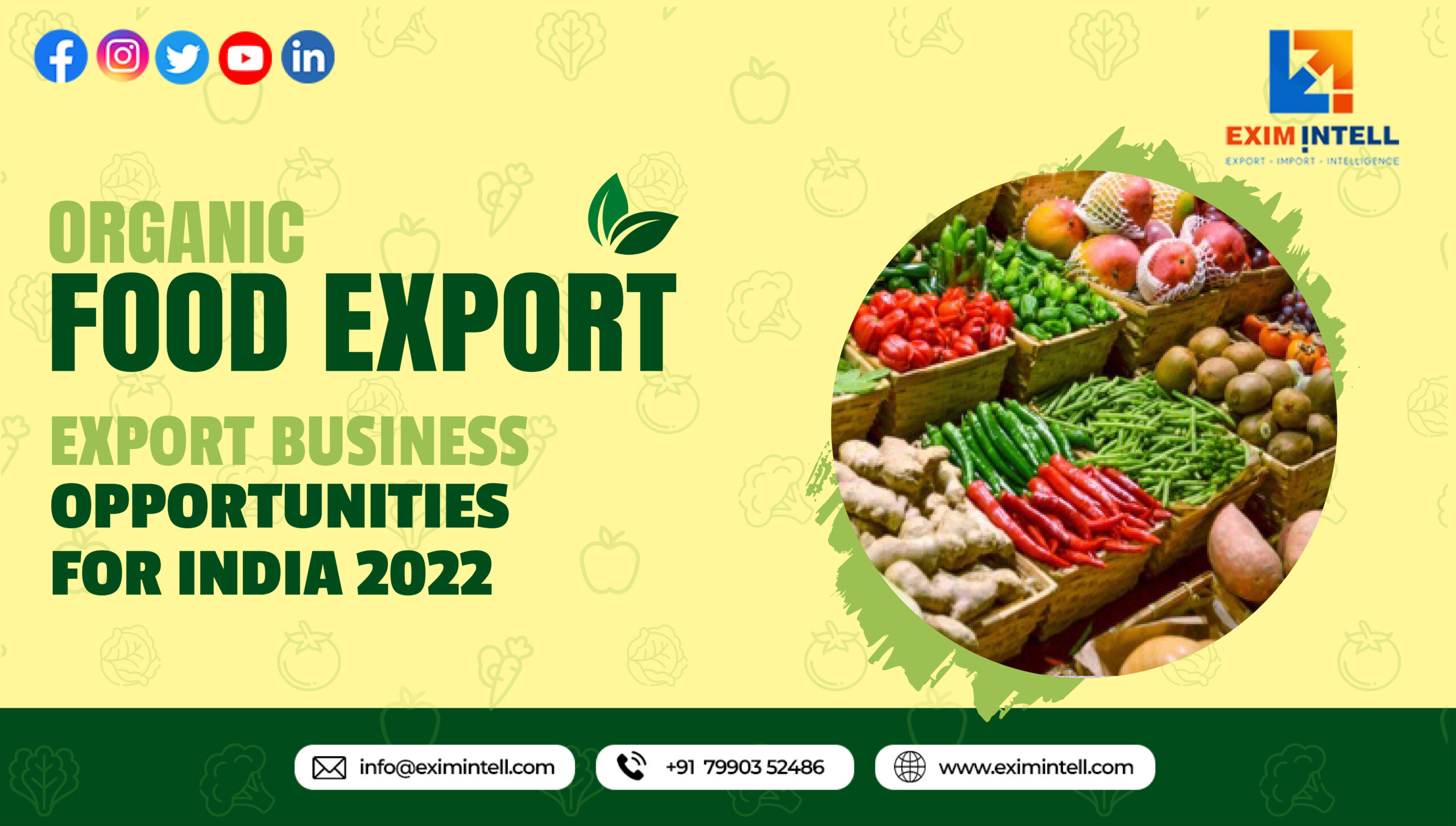Are you planning to venture into the Global Market? Do you want to expand your business and explore new opportunities abroad? If yes, you must understand that international trade can be tricky. To maximize profits and minimize risk, you must have someone knowledgeable who understands the ins and outs of foreign markets. That’s where an Exim Consultant comes in! In this blog post, we will shed light on the crucial role played by an Exim Consultant in your international trade and how they can help take your business to greater heights globally. So buckle up as we embark on this insightful journey together!
What is an Exim Consultant?
An Exim Consultant is a professional who helps companies with their International Trade. They work with businesses to ensure compliance with all Export and Import Regulations. In addition, they help businesses find new markets for their products and services. Exim consultants also help companies negotiate better terms with their suppliers.
The Benefits of Using an Export Import Consultant
There are many benefits of working with an Exim Consultant when it comes to your International Trade. Here are some of the top benefits:
1. They have a vast amount of knowledge and experience when it comes to Export-Import Regulations. This means they can help you ensure compliance, avoid potential penalties, and take advantage of any exemptions that may be available.
2. They can help you develop an Export/Import Strategy that meets your business goals. This includes identifying new markets, assessing customer needs, and developing marketing plans.
3. They can provide invaluable guidance on the paperwork and documentation required for Exporting/Importing Goods. This includes helping you complete applications, obtain licenses and permits, and stay up-to-date on regulatory changes.
4. They can assist with the logistics of shipping goods overseas, including arranging transportation, handling customs clearance, and securing insurance.
5. They can help you resolve problems arising during the Exporting/Importing Process, such as delays or damaged shipments.
Working with an Exim Consultant can save you time, money, and frustration by ensuring that your Exports/Imports are handled efficiently and in compliance with all regulations.
Types of Services Offered by an Export Import Consultant
An Exim Consultant is a professional who provides services related to International Trade. The services offered by an Exim Consultant can be divided into two categories: Export and Import.

Export: The Exim Consultant provides services to help companies export their products and services to other countries. This includes supporting the company in finding product buyers, negotiating contracts, and shipping the products to the buyers.
Import: The Exim Consultant also provides services to help companies Import Products and services from other countries. This includes supporting the company in finding suppliers for the products it needs, negotiating contracts, and arranging to ship the products to its premises.
Understanding the Different Aspects of International Trade
As an exporter, you must clearly understand the International Trade process to succeed. There are many different aspects to consider when expanding your business internationally, including customs regulations, tariffs, and export financing. Exim Consultants can help you navigate the complexities of International Trade and ensure your expansion is successful.
Customs Regulations: One of the most essential aspects of International Trade is compliance with customs regulations. These regulations vary from country to country, and failure to comply can result in high fines or even imprisonment. A good Exim Consultant will have extensive knowledge of customs regulations and can help ensure your shipments comply.
Tariffs: Tariffs are taxes that are levied on imported goods. They can significantly impact the price of your product in the destination market. Working with an Exim Consultant who can help you understand the tariff landscape in your Target Market and identify any potential barriers to entry is essential.
Export Financing: Expanding your business internationally can be expensive, and securing financing can be challenging. An experienced Exim Consultant can help you identify funding sources and negotiate favorable terms with lenders.
By working with an Exim Consultant, you can better understand the different aspects of International Trade and position yourself for success.
Researching Your Export and Import Markets
When you are ready to begin Exporting or Importing, the first step is to research your target markets. This includes understanding the potential demand for your product or service, the competition you may face, and the logistics involved in getting your goods to market. Your Export/Import Consultant can help you with this process by providing market intelligence and helping you develop a market entry strategy.
Once you understand your target market, your next step is determining how to reach those customers. Your Export/Import Consultant can assist you with this by identifying potential distributors or partners, developing marketing materials, and conducting market research.
After you have finalized your plans and are ready to begin selling internationally, your Export/Import Consultant can help you navigate the regulatory landscape and comply with all applicable laws and regulations. They can also help you obtain the necessary licenses and permits, ship your goods safely and securely, and resolve customs issues.
Developing a Strategic Plan for Your Business
As your business grows, you will need to develop a strategic plan that sets out your goals and objectives for the future. This plan will help you map a path to success and keep you on track as you expand your operations.
Your strategic plan should be developed with the help of an experienced consultant who understands the complexities of International Trade. They will be able to advise you on the best way to structure your business, identify opportunities and challenges, and develop a road map for success.
An experienced Exim consultant can also help you navigate the complex world of International Finance, sourcing, shipping, and logistics. They will work with you to develop a comprehensive plan considering all the factors in successful global trade.
With the help of an Exim Consultant, you can take your business to the next level and achieve your long-term goals. Contact us today to learn more about how we can help you grow your business.
Developing Compliance and Documentation Procedures
As an Exim Consultant, one of your leading roles is helping your clients develop compliance and documentation procedures. This includes ensuring that all the required documentation is in order and meets all the applicable laws and regulations.
You will also need to keep abreast of any changes in the law or regulation so that you can advise your clients accordingly. In addition, you will be responsible for training staff on new compliance procedures and documenting everything.
Applying for Financing and Incentives
As an Exporter, you can take advantage of financing and incentives offered by the government. However, the application process can be complex. That’s where an Exim Consultant comes in.
An Exim Consultant can help you navigate the application process for financing and incentives. They can also provide advice on which programs may be best suited to your needs. In addition, they can help you identify any potential hurdles that could impact your ability to obtain financing or incentives.
The role of an Exim Consultant is to provide guidance and support throughout the application process. They can help you avoid delays or setbacks that could jeopardize your ability to obtain funding or benefits. Ultimately, their goal is to ensure you succeed in your International Trade endeavors.
Tips for Choosing an Exim Consultant
When you are ready to start Trading Internationally, one of the first things you must do is choose an Exim Consultant. An Exim Consultant is a professional who specializes in helping businesses with their International Trade activities. Here are a few tips to help you choose the right consultant for your business:
1. Ensure the Consultant has experience working with businesses in your industry. They should understand the unique challenges and opportunities of trading in your sector.
2. Choose a Consultant familiar with the regulations and procedures of the countries you are interested in Exporting to or Importing from. They should be able to advise you on the best way to comply with all the relevant laws and regulations.
3. Look for a consultant with a good network of contacts in the International Trade Community. They should be able to introduce you to other businesses and individuals who can help you succeed in Global Trade.
4. Ask for references from past clients and talk to them about their experiences working with the consultant. Ensure they were happy with their results and felt like they received value for their money.
5. Get quotes from several different consultants before making your final decision. Compare their fees and services to find the best value for your business.
Conclusion
An Exim Consultant provides expert guidance on International Trade issues to businesses of all sizes. They can help you identify new markets for your products, strategies to enter them, and negotiate favorable terms with trading partners. An Exim Consultant can also assist with the compliance requirements of Exporting and Importing, helping you to avoid costly mistakes.
Suppose you are considering entering the International Market or doing business internationally but are still looking for your results. In that case, an Exim Consultant can provide the expertise you need to succeed.






